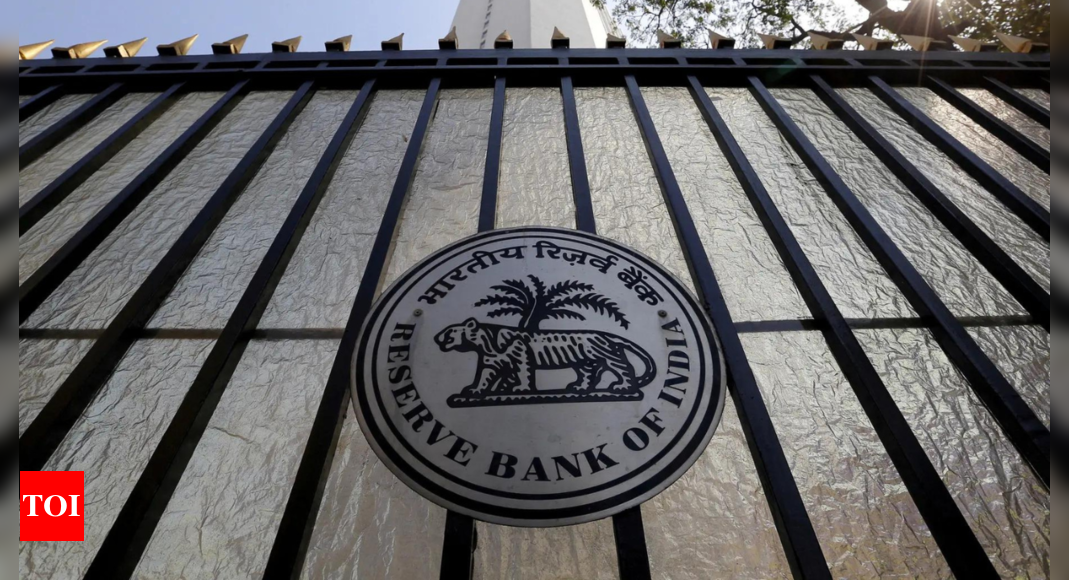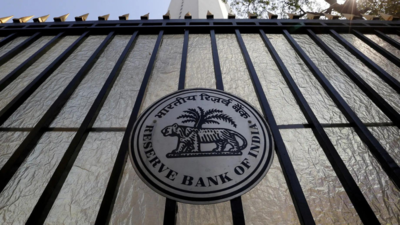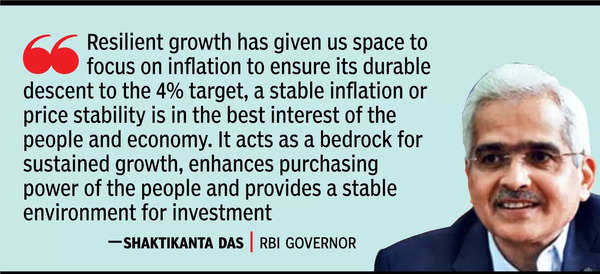

MUMBAI: Reserve Bank of India governor Shaktikanta Das has reiterated that the central bank’s war against inflation is not yet over, indicating that rates will remain higher for longer.
“By emphasising our firm commitment to realign inflation with the target, we also categorically say that it is not enough to be within the tolerance band, and that our job is not finished until we reach the target of 4% on a durable basis,” said Das in his speech at a conference of central banks from the Global South.
In his speech, Das said price stability is just as crucial as growth for the Global South, as it enables economic planning, reduces uncertainty, encourages savings and investment and supports sustained high growth.
“Resilient growth has given us the space to focus on inflation to ensure its durable descent to the 4% target, a stable inflation or price stability is in the best interest of the people and the economy. It acts as a bedrock for sustained growth, enhances purchasing power of the people and provides a stable environment for investment.”

The governor’s speech, highlighting importance of getting inflation under control, comes days after both the Union commerce minister and the finance minister, made a strong case for lower inflation. While commerce minister Piyush Goyal said RBI should look through food price inflation as this was a demand and supply issue, finance minister Nirmala Sitharaman called for lower interest rates to promote private investments.
Das acknowledged the role of monetary policy on growth but mentioned a a number of other factors that were conducive for growth. “To achieve higher growth, countries in the Global South need to step up investment in physical and social infrastructure, leverage technology and innovations and carry out institutional reforms. All these require congenial public policies, including monetary policies, to be growth supportive, while maintaining balance with inflation.”
According to Das, Global South countries have a significant share of low-income population, with large developmental needs. They are more vulnerable to supply shocks, requiring fiscal support, which puts further burden on their limited budgetary resources. He made a strong case for effective coordination between fiscal-monetary policy in this context.
“Central bank communication assumes greater significance in the Global South, as these economies transition towards more independent central banks and the need for transparency and accountability increases,” said Das.






